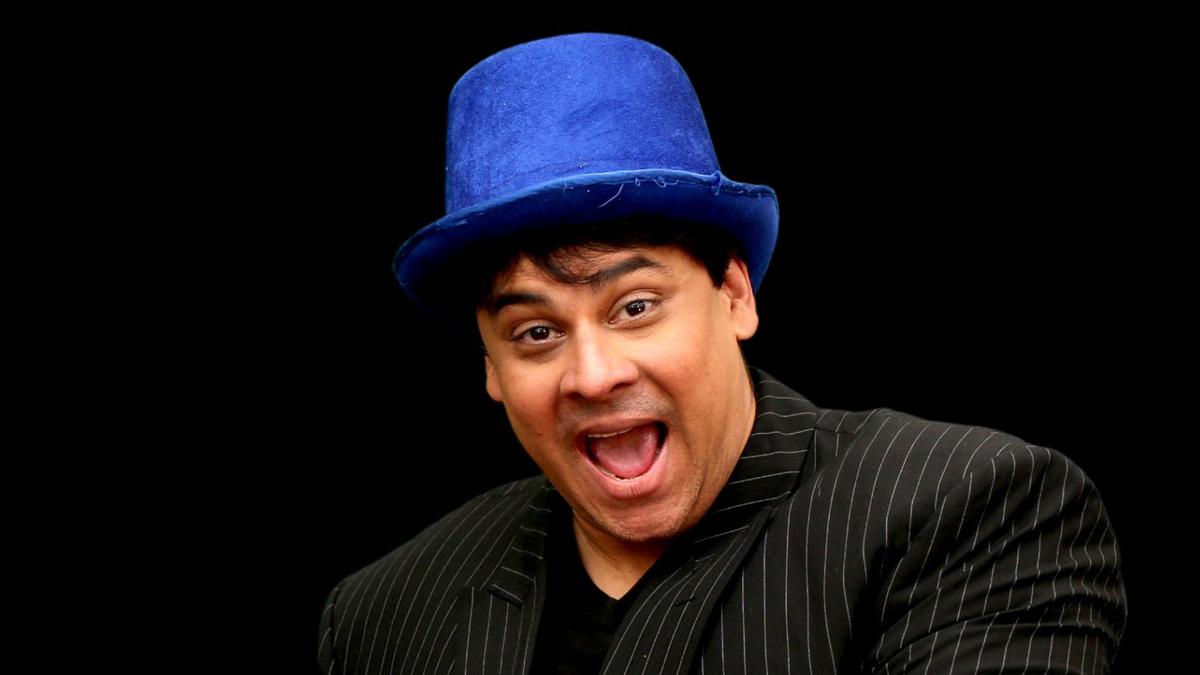
77. A hilarious piece by Cyrus Broacha
When I saw Cyrus Broacha in a quick scene in the film Jalwa at a cinema theater in Jamnagar, Gujarat, in 1988, I never imagined this young lad would become such a well-known name.
Later, I enjoyed watching the MTV show Bakra and The Week That Wasn’t for many years. Whenever I see him, whether on screen or at some gathering, I smile as I watch his face.
His expression and rapidly shifting faces are enough to brighten your day.
I wondered about his acting skills until I found out that he studied theatre acting at the well-known Lee Strasberg Theatre and Film Institute in New York City. The multidimensional Cyrus has also authored two books.
I am going to share one of his articles that I noted, but I don’t remember where I found it, which can teach us more about our caste system.
Having lived in Tardeo, Mumbai, for many years—a neighborhood renowned for the Imperial Tower, once India's tallest—I relate to his point because I have many Parsi friends. In the past, Tardeo was more famous for the tower than for the large Parsi families.
Read on –
“While most surnames in India reflect caste and lineage, the Parsis had a delightfully modern streak — having landed without caste, history, and context, they created identities through professions and urban streets.
Our family moved to Bombay (now Mumbai) from Rawalpindi in 1947. We came as refugees, but the family soon settled, and by 1953, my father had restarted playing golf at the Willingdon Club. I was eight years old and would walk 18 holes with him every Saturday and Sunday.
The three Parsi gentlemen who made up his regular four-ball were uncles Poonawala, Coorlawala, and Colabawala.
Very soon, they had rechristened my father Pindiwala. Uncle Colabawala did not live in Colaba but in a penthouse on Malabar Hill. Maybe his ancestors had lived in Colaba.
I used to spend hours searching the telephone directory to find Parsi surnames and stories around their families.
There was a prohibition in Bombay in those days. So, to get liquor, you had to find Mr. Dalal, who would introduce you to Mr. Daruwala, who in turn would get bottles delivered to your home by Mr. Batliwala, who would be accompanied by Mr. Sodawaterbottleopenerwalla (the longest Parsi surname).
Other surnames whose ancestors were in the beverages trade were: Mr. Fountainwala, Mr. Ginwala, Mr. Rumwala, Mr. Sodawala, and Mr. Jaamwala.
We used to have two delightful Siamese kittens in our flat, and these were gifted to my mother by her friend Mrs Billimoria. My mother spent hours knitting cardigans for them, with wool she bought from the Unwala family.
My uncle ran the air force canteen in Cotton Green, and his partner, yes, you guessed it, was Mr. Canteenwala. They had this fantastic cook, Mr. Bhajiwala.
Their mild and meek manager, Mr. Jeejeebhoy, nodded his head and agreed with everything everybody said.
My grandfather was the Sheriff of Bombay. I think the first and only Parsi to hold this position. Being the Sheriff, it was only natural that he had Mr. Bandookwala and Mr. Golimarwala as his constant companions.
Grandfather had many Parsi friends who were in politics. There was this squeaky-clean khadi-clad Mr. Ghandy, and the not-so-clean Mr. Kalaghandy, who was invariably being hounded by Mr. Kotwal. But he never left home without his friends Mr. Barrister, Mr. Vakil, Mr. Lawyer, and their munshi, Mr. Mehnty.
My friend Pistonjicrankshaftwala had a friend named Tyrepuncturewala, and they were neighbors.
My grandfather built the Hotel Waldorf on Arthur Bunder Road in Colaba. So, for this, he naturally used the services of Mr. Contactor and Mr. Mistry.
Yet... He never went to the conservative moneylenders when short of money, but borrowed it from his Parsi friend Mr. Readymoney.
Our neighbour and family physician was Dr. Adi Doctor — he was only half a doctor. He lived with his in-laws, Mr. and Mrs. Pochkhanawala. My sister swears they ate only poached eggs for breakfast.
I remember going to Dr Doctor’s sister’s wedding. She married one Mr. Screwala. What he did for a living, I do not know to this day.”
I’m sure Cyrus has written many such excellent articles.